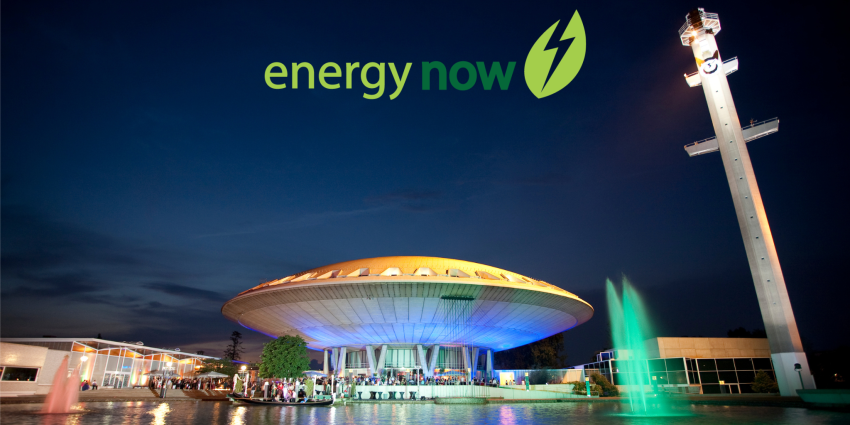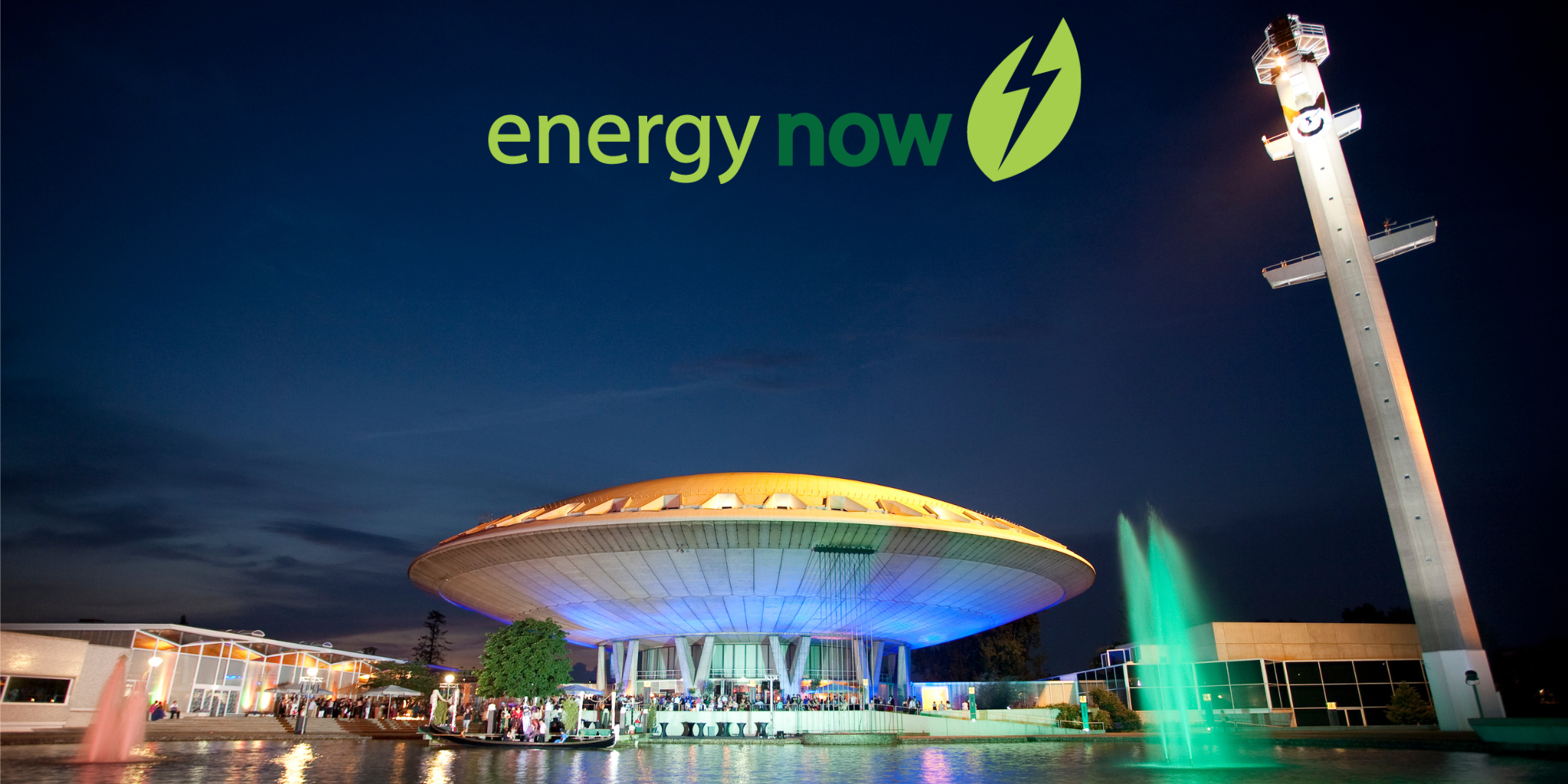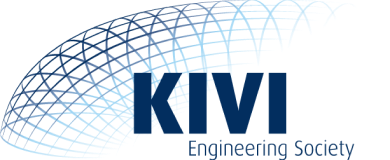
Energy Now 2023 the move towards energy independence

Energy transition has gained momentum in Europe in the past decade to ensure a sustainable future. The European Union has established goals for lowering carbon emissions through the use of renewable energy sources, but this transition will take time since Europe is heavily reliant on imported natural gas. However, due to the current geopolitical situation, the transition to energy independence has been accelerated. Implementation of any sustainable technology depends on the actions and the policies of the government, as well as vertical integration to involve relevant stakeholders and the people. To become more independent and move towards clean energy; what are the alternatives which can meet the demand? Should we look at new energy sources or focus more on saving energy, with for example the use of AI? How will the changes affect the conventional system and economy? Eventually, we have to be energy independent to prevent high energy costs and ensure energy security on the national level. Our goal is to provoke discussion on efficient solutions by giving companies, students and academics a place to connect with others who share the same goal; act and move towards a self-sufficient energy economy NOW!
Digitalization of energy
As the technological transformation from analog to digital advances, digital technologies will make energy systems more connected, intelligent, and efficient over the coming decades. Technologies that can improve the way we use energy and help find solutions to decarbonise our energy systems. Technologies like AI, ML are finding many applications in the energy sector and what important role can it play in the transition. Digitalisation comes with a set of challenges in having a framework in connecting between different systems, and the extensive use and sharing of data. It requires preserving high privacy, security, framework and ethical standards, particularly for cyber security matters.
Decentralization
Increase in the number of renewables and prosumers can result in decentralized networks. Decentralized power systems rely to a larger extent on small-scale generation from renewable energy sources and combined heat and power units, allowing greater participation of consumers by becoming producers themselves or by smarter demand response management of their own energy use. What are the challenges regarding the coordination and operations of decentralized networks, or should we stick to the conventional centralized network? Which will be more robust, efficient and suitable?
Energy efficiency
Making the energy flow more efficient will contribute significantly to the EU achieving its energy and climate goals, even to finally become carbon-neutral. With cogeneration of heat and power, a lot of energy could be saved. Efficient use of energy can help in saving energy as well as investing capital cost on new systems for reaching climate targets. It can be done in a lot of ways, by the consumer itself or by a whole population. To use energy more efficiently, energy planning and new energy systems are of big importance. Do we gain more by looking at energy saving, or should we use completely different energy systems?
Integrating renewable energies
The increasing prominence of renewable energy technologies enabled by sharply falling costs and supportive policies, alongside other advances, are among the most important drivers of power system transformation globally, including decarbonization and ensuring electricity security. Integrating more renewable energies comes with a lot of challenges, it requires tackling the grid congestion, inertia in the system, requirement of storage which is economically feasible, flexibility on the demand side. How do we find the optimal mix for each situation and scenario for integrating more renewable energies?
Registration
